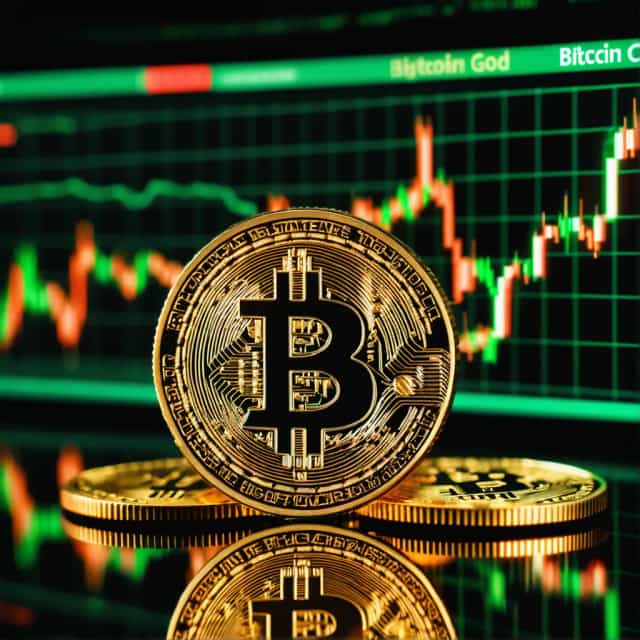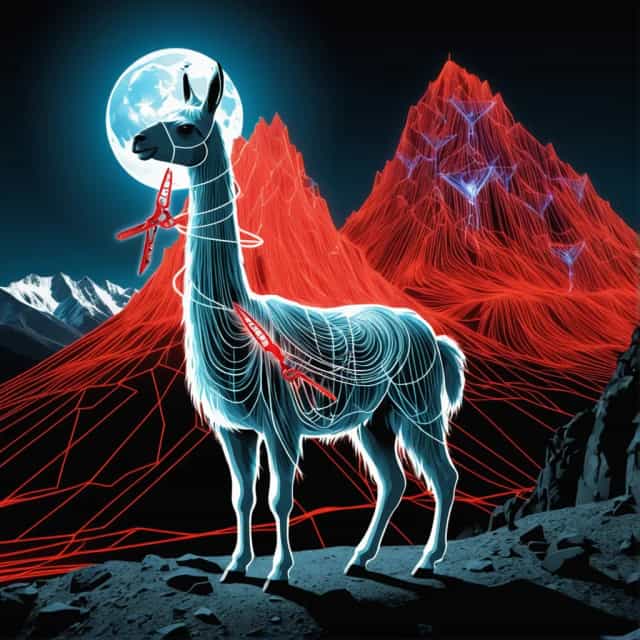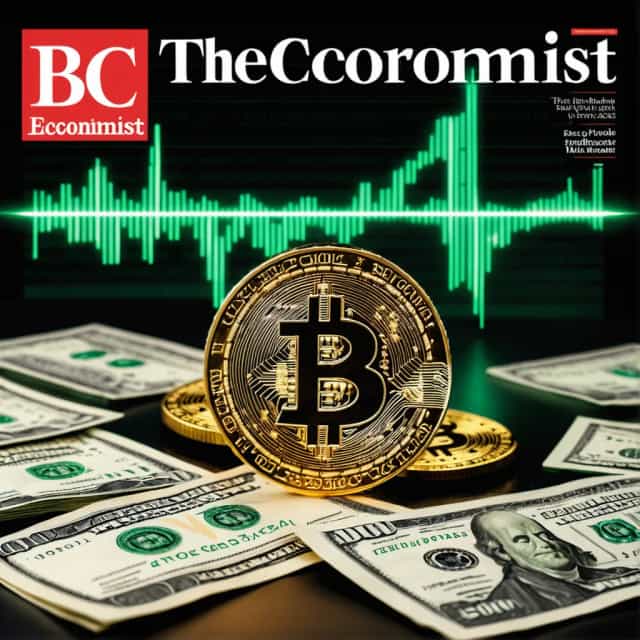
Image source: Block Media
The Rise of Inclusive Investments in the Blockchain Era
Investing, once the exclusive domain of the privileged few, has undergone transformative changes over recent decades, culminating in the disruption brought on by blockchain technology. Historically, access to high-value investment opportunities—such as equity in unlisted companies, overseas real estate, and rare collectables—was reserved for those with specific networks or insider information. Meanwhile, the average investor focused on tangible assets, including stocks, government bonds, commodities, and real estate with clear ownership structures and defined pricing.
Notably, intangible assets such as intellectual property, online influence, individual reputation, or artistic talent were largely excluded from traditional finance. While these held significant economic potential—ranging from future copyright earnings to technological expertise—they were rarely considered "investable" within conventional frameworks. This imbalance sparked a movement toward creating alternative pathways for investment, especially as younger generations sought opportunities denied to them by the traditional investment landscape.
Blockchain and Cryptocurrency: An Era of Democratization
The arrival of blockchain and cryptocurrencies marked a critical turning point in the investment world by opening doors to a sector that previously seemed impenetrable. Platforms that allowed users to create exchange accounts and instantly engage with global digital assets created unprecedented access for Millennials and Generation Z. Enthusiastic adoption of cryptocurrency reflected the desire for financial inclusivity, where anyone—regardless of social or economic background—could participate in cutting-edge investment opportunities.
Persistent Inequalities in the Crypto World
While cryptocurrencies promised democratized access, structural inequalities persisted even within this space. Unregulated listings, opaque processes, and unverified projects left retail investors exposed to significant risk. The reality was that the profits often remained concentrated in the hands of well-informed insiders and institutional players, while individual investors faced volatile markets with little protection.
Transformative Innovations: Stablecoins and Real-World Asset Tokenization
A new paradigm has emerged with the rise of stablecoins and Real-World Asset (RWA) tokenization, reimagining the boundaries of what can be turned into an investable asset. Blockchain is no longer limited to speculative digital currencies or securities. Today, RWAs allow tokenized access to diverse opportunities, including revenue streams from solar energy production, EV charging stations, music copyrights, digital art, data, and even social influence.
Rather than maintaining the monopoly of elite privilege, tokenization decentralizes value creation, enabling anyone to become both a participant and an investor. The integration of blockchain's participation-based economy establishes a foundation for “shared economic growth,” where inclusivity drives innovation and wealth creation.
South Korea's Potential: Won-Pegged Stablecoin Mainnets
One of blockchain's most compelling opportunities lies in the development of a won-pegged stablecoin and mainnet ecosystem. Such an initiative would go beyond digitizing South Korea’s national currency, fundamentally re-engineering the country's financial infrastructure to interact seamlessly with the global system.
Participation in this mainnet would open new avenues for everyday investors to contribute directly to the evolution of national economic systems. For example, operating nodes and validating blockchain transactions would earn participants rewards in won-backed stablecoins, representing both their technical and financial contributions to the network's growth.
Role of Validators in a Tokenized Economy
Validators would play a critical role by bridging blockchain technology with real-world assets and data. Acting as oracles, these validators ensure the accuracy and reliability of off-chain information integrated into the blockchain. For instance, they might verify electricity consumption data at EV stations, solar energy production metrics, or rental income from tokenized real estate projects.
Validators are compensated in won-pegged stablecoins for their efforts. The earned stablecoins could then be reinvested into RWAs, creating a continuous cycle of "network participation → reward generation → reinvestment," reinforcing deeper engagement with the blockchain economy.
Everyday Investing and Global Accessibility
Blockchain-enabled investment ecosystems offer the potential for "everyday investing," making micro-investments and network contributions a routine activity. Individuals can participate by staking assets, validating data, or investing nominal amounts into RWAs, all while earning meaningful rewards in return. The lines between consumption, civic engagement, and financial growth blur as blockchain empowers individuals to perform small yet impactful roles in a decentralized economy.
This inclusivity also paves the way for global collaboration. South Korea’s international appeal—through K-content, K-food, and K-culture—could serve as a foundation for global involvement in won-based blockchain platforms. Imagine fans of Korean media and culture participating as contributors or investors in tokenized assets tied to K-content. By staking stablecoins earned through mainnet validation, users worldwide could transition from passive consumers into active creators and financial stakeholders.
Redefining the Role of Currency and Soft Power
The transformative implications of a globally integrated won-pegged stablecoin are monumental. Historically, the Korean won has functioned solely as a domestic currency, but stablecoins could usher in a new era of cross-border financial connectivity. By encouraging international participants to invest in tokenized Korean assets using won-based stablecoins, South Korea could leverage blockchain to convert cultural soft power into economic hard power.
This shift would create a "won-driven digital economy" characterized by shared global contributions and financial inclusion. The blending of Korea’s cultural influence with blockchain-driven investment opportunities would redefine the nation's position on the global financial stage.
A Future of Shared Financial Growth
Blockchain has revolutionized the concept of investment, making it possible for citizens worldwide to actively contribute to and benefit from platforms powered by decentralized infrastructure. A won-based stablecoin ecosystem would exemplify this transformation, fostering a future where investment becomes not just a privilege but a shared responsibility.
Through collaboration, tokenization, and decentralization, the barriers that once defined traditional finance are breaking down, leading to a system where wealth generation is accessible to all. By aligning economic inclusivity with technological innovation, this future is not only exciting but within reach.
About Professor Hyejin Park
Professor Hyejin Park is a trailblazer in digital asset innovation and blockchain technology. As Head of the AI and Digital Asset Program at Sogang University Graduate School, she advocates for developing ecosystems that empower startups and investors alike. She simultaneously serves as CEO at BAYARD Inc., a firm specializing in blockchain, security, and AI solutions, while representing Simsan Ventures' Korean branch in London. A founding member and chair of the Web 3.0 Forum, Professor Park continues to drive advancements in blockchain investment strategies, contributing expertise across technology research, education, and advisory roles.
Follow Blockmedia on Telegram for real-time updates.










